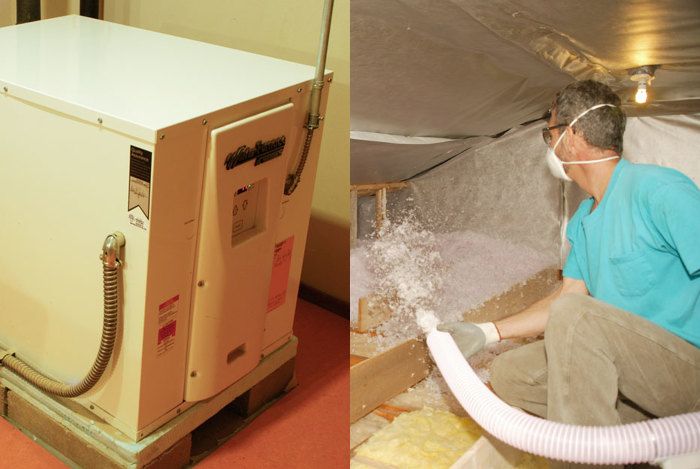
Dave W is working up plans for a new house and has come to a fork in the road: Given a limited construction budget, is it better to invest in expensive windows and extra insulation, or a high-efficiency heating system, such as a ground-source heat pump?
How to spend construction dollars wisely is one of the most fundamental questions any homeowner faces. In a perfect world, Dave might invest in both, but it’s probably going to come down to one or the other. Not both.
His dilemma, which he shares in a post at GreenBuildingAdvisor, is the subject of this week’s Q&A Spotlight.
Dave isn’t the first homeowner to gravitate toward a ground-source heat pump. They’re efficient, don’t burn any fuel directly and seem “green” in the best sense of the word. But they’re expensive. And with a tight, well-insulated building envelope, Dave has other, less expensive choices, including ductless minisplit systems that can provide efficient heat at temperatures well below zero.
Read the whole article at Green Building Advisor.
Fine Homebuilding Recommended Products
Fine Homebuilding receives a commission for items purchased through links on this site, including Amazon Associates and other affiliate advertising programs.

8067 All-Weather Flashing Tape

Handy Heat Gun

Reliable Crimp Connectors
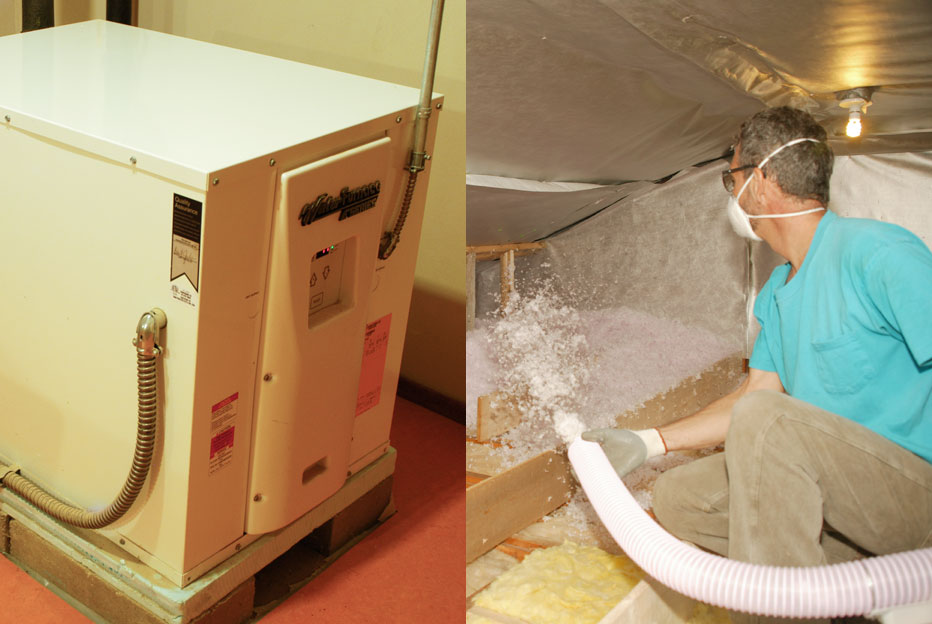
If you can't have both, which energy-efficiency investment is better to put off until later?

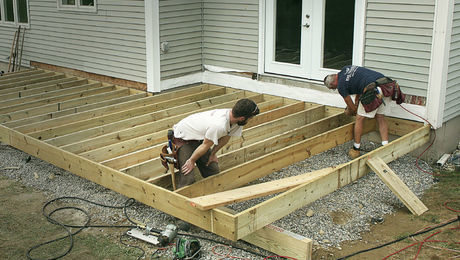
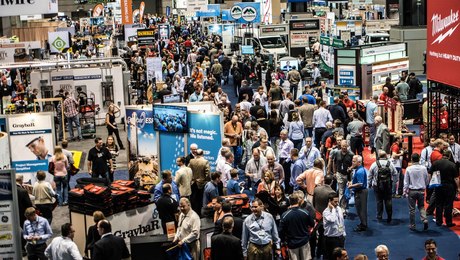

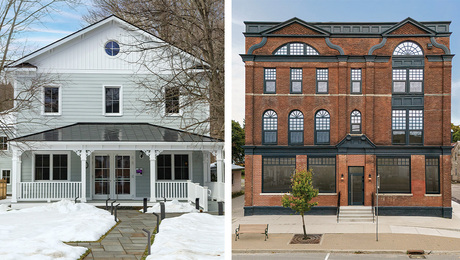








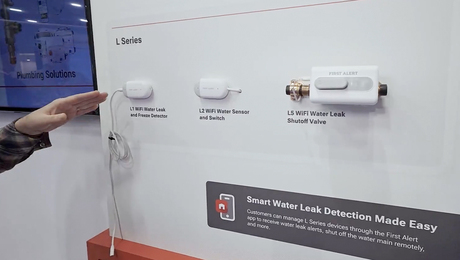













View Comments
Ground source heat pumps (GSHPs) will not become obsolete. The technology for extracting heat from air or water is the same, so the ground source heat pump manufacturers will catch up with the air-source heat pump manufacturers. The advantage that GSHP's have is the limitation on the lower end of the efficiency scale. Both technologies lose efficiency as the temperature of their heat source drops. With a properly sized loop field for a ground source heat pump, the fluid coming from the ground will drop in temperature from 45-50 during the fall and spring when run times are short to 32 when run times are longer, but will stabilize at about 32. So given equivalent technology, the GSHP will always be more efficient in cold climates because its heat source is at 32 at a minimum. Whether this is enough to over come the added expense of the loop field depends on the cost of the loop field. Over the last 10 years in Minnesota there has been a huge inflation in the cost of the loop field. I suspect this is due to a shortage of well-drillers. Many contractors often install systems that are too large. The Canadian Office of Energy Efficiency has a website on GSHP's and recommends sizing them to be 60%-70% of maximum load. I believe that they are correct. I have a 4 ton, 45,000 btu/hr system which handles the heating load to -20 for my house. A 3 ton 32,800 btu/hr system would handle the load down to an outside temperature of about 5. There is not enough heating load below 5 to justify the larger system. This is mostly ignorance on the part of contractors. I have yet to meet a contractor that even knew about the Canadian recommendations.
My feeling on this subject has always been to lean towards reducing the total energy required, rather than rely on a mechanical system that uses less energy to produce more heating and cooling. While the costs of both alternatives are amortized over the life of the financing, enclosure efficiencies should be permanent and forever, while mechanical systems will wear out, break and require replacement at some point. I think that it would be much easier to retrofit to a GSHP system in the future than to retrofit the building enclosure.
Building enclosure, however, is not as sexy as a whiz-bang mechanical system. I think we generally find technology more appealing. My guess would be that if you had two houses that each had the same annual cost of operation, but one had a high performance enclosure with a conventional heating/cooling system, and the other had a conventional enclosure and high tech mechanical system, the general public would be more attracted to the later. I would be more attracted to the former, because I see more long term value in a better enclosure, but I suspect I'm in the minority.